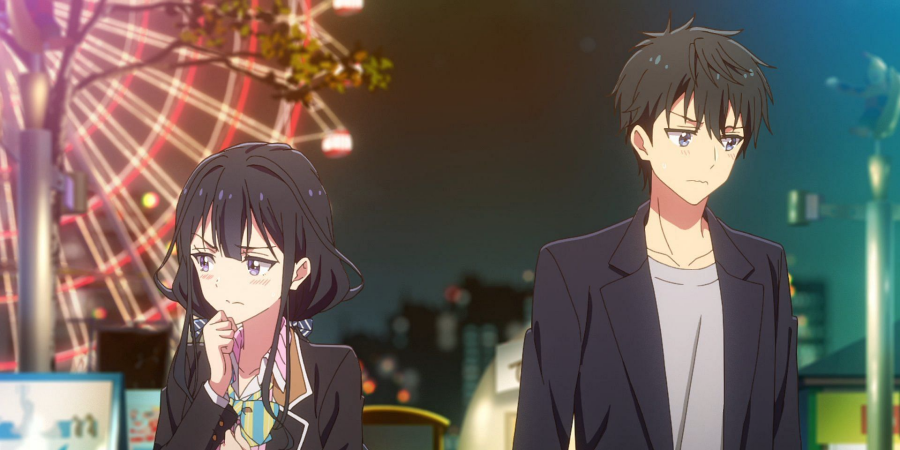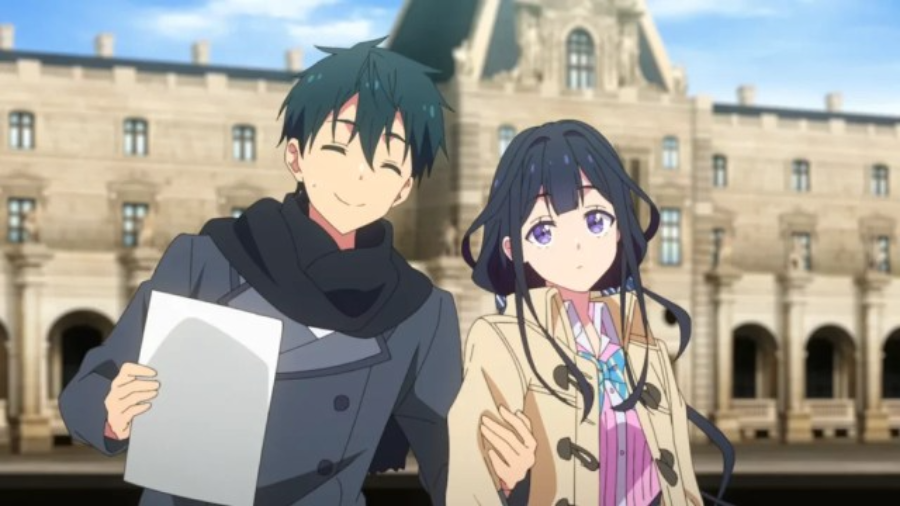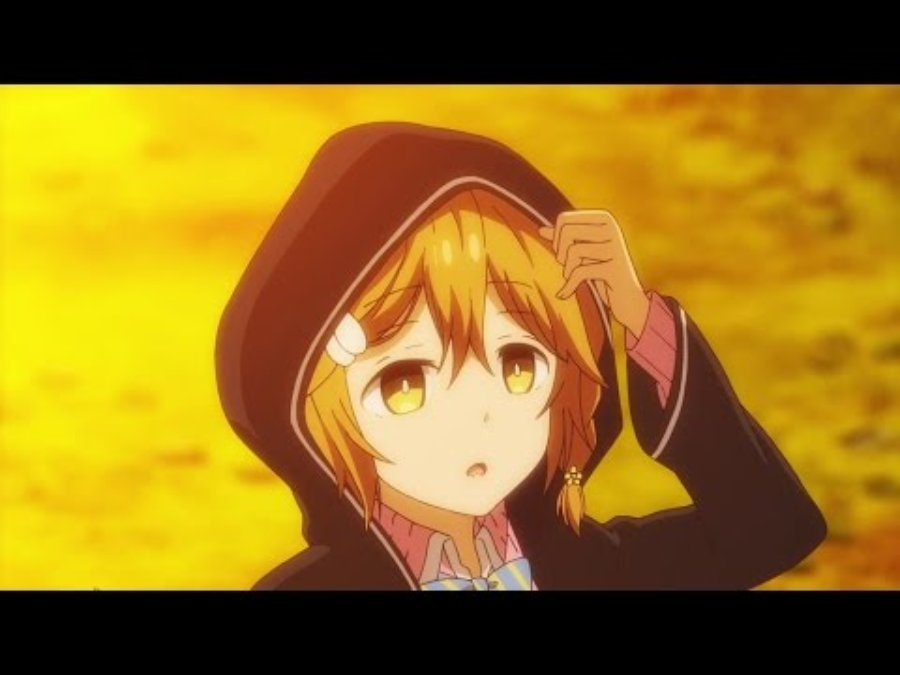


Masamune-kun no Revenge is amusing for what it is: a tale about a boy attempting to rise "up the ranks" in fame and status in an attempt to capture Aki's heart, only to exact his "revenge" by dumped her right after. This plot is driven by entertainment, and comedy is undoubtedly the best hook to keep viewers interested—mainly because of Masamune's witty inner monologues in the face of improbable and bad circumstances. Masamune has some ridiculous schemes. He approaches his "mission" with an excessive amount of seriousness and passion, panics involuntarily in unanticipated circumstances, and becomes fixated on how to look good and project the ideal "hot guy" image. From Masamune's point of view, viewers see the antics as each of his attempts

In addition, the anime includes a number of intriguing "curve-balls" that both support and contradict Masamune's objective. Yoshino, Aki's "family servant," is the first. Because Yoshino is inherently closest to Aki, she chooses to assist Masamune by giving him insider information and guidance, and because she too wants to exact revenge on Aki (perhaps due to how she is treated as a servant). By acting as a "middleman" and revealing to the audience Aki and Masamune's different emotional changes without their knowledge, Yoshino gives the narrative a dynamic touch. Masamune-kun no Revenge becomes a somewhat fascinating plot with Yoshino's addition. But with the addition of needless filler characters like Neko, the story starts to veer off course from the primary plot.

Neko enters the story as a third party in Masamune and Aki's "relationship," falling in love with Masamune right away and saying that she has been looking for him ever since. Masamune wonders about her identity, the sincerity of her remarks, and the implications of her endearing remarks for his aim to exact revenge on an Aki who is now envious. (Or will he fall in love with Neko?) For a moment, Neko's debut does bring in another fascinating aspect to the narrative, but the main plot, which centers on Masamune's ambitions for vengeance, must be abandoned in order to concentrate on Neko's past. At this point, Masamune's story is woven into the anime more and more to focus on Neko and her outlook on life.

Kanetsugu, another figure forced into the storyline, is essentially Aki's "Neko" counterpart and has a strikingly comparable effect on the narrative. Kanetsugu arranges an arranged marriage for Aki, who instantly falls in love with him because she believes he is a former acquaintance. Since he now has a "rival" who isn't quite who he seems to be, Masamune is obviously faced with an intriguing issue. Even so, Kanetsugu's backstory follows Neko's in deviating from the main plot while the arc delves into his identity and intentions. That being said, Kanetsugu's story arc comes to a slightly more dramatic conclusion when he engages in combat with Masamune over who gets to dance with Aki (via who produces the best school production of Snow White). Continuing with Kanetsugu's anecdote

In addition to having a problematic plot, Masamune-kun no Revenge has a lot of needless fanservice strewn all over it. It makes sense that a novel about physical attractiveness and love triangles would include some sexual tension, but the majority of the sequences that do so don't really need to be there in order to make the point. Masamune-kun no Revenge's genuine and convincing main character is, all things considered, its best selling point. It's Masamune who really keeps this anime together and makes it possible for it to be as amusing as it was intended to be. His thought processes, outlook on life, and comic responses to circumstances are both entertaining and genuine to his character. His connections to Yoshino and Aki give the show a fascinating dynamism and depth.
